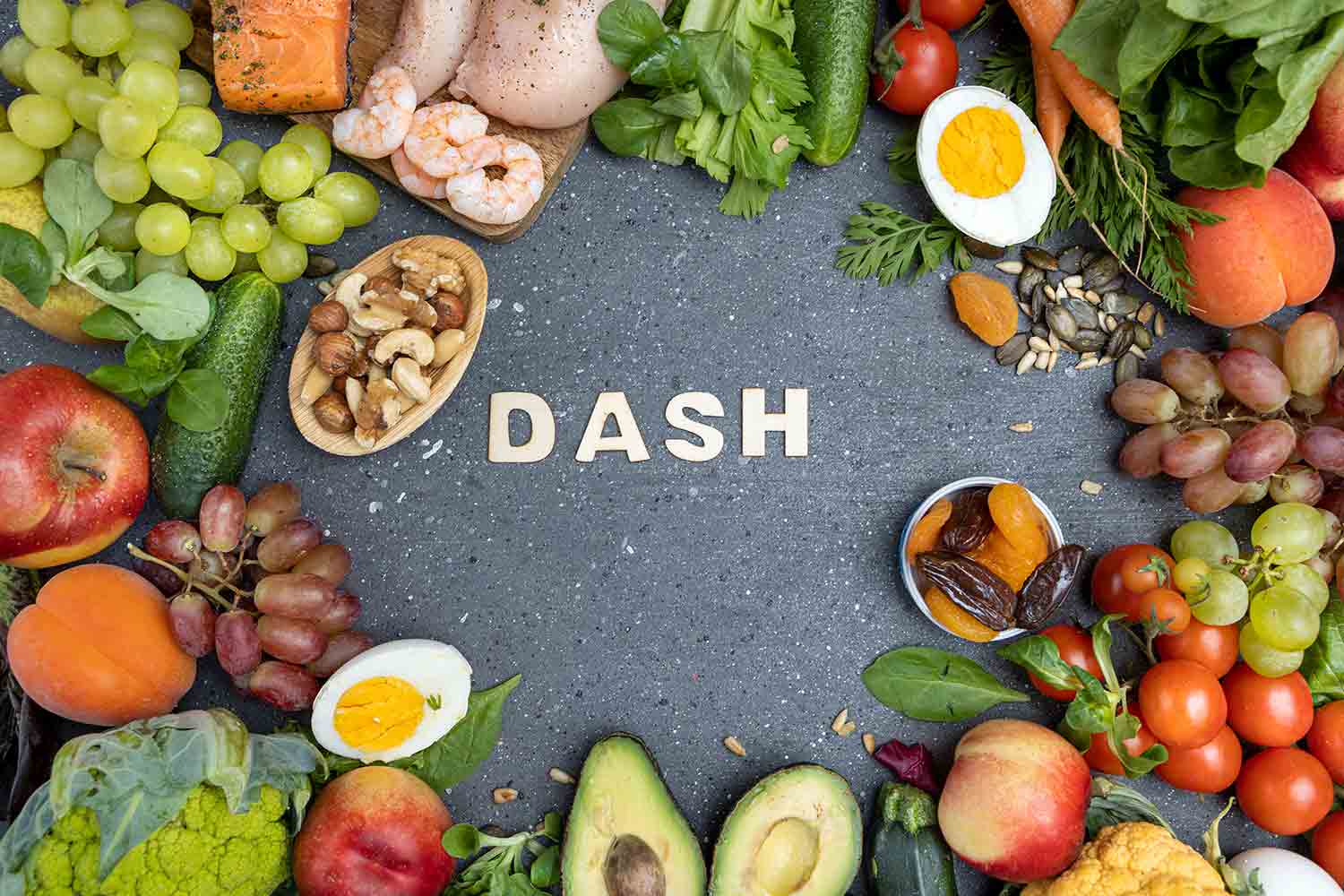Intermittent fasting (IF) is a nutritional approach I used to follow for a while. It cycles between periods of fasting and eating. Unlike traditional diets that dictate what to eat, IF focuses on when to eat. This method doesn’t restrict specific foods but instead highlights the importance of planning your meals in advance, making it more of an eating pattern than a traditional diet.
I still practice various methods of IF, including daily 16-hour fasts, fasting for 24 hours once or twice a week, or limiting myself to 500-600 calories on two nonconsecutive days of the week.
Our ancestors naturally experienced cycles of feast and famine, and fasting for religious or spiritual reasons has been common across many cultures, underscoring its importance beyond just a modern dietary trend.
That is why I would like to provide you with all the relevant things you should know about intermittent fasting.
Key Takeaways
How Does IF Work?
IF operates on the principle of cycling your body between the fed state and the fasted state.
| State | Description | Impact on Insulin Levels | Impact on Body’s Energy Source | Effect on Weight Loss |
|---|---|---|---|---|
| The Fed State | Your body digests and absorbs nutrients from your meal, focusing on processing the food consumed. | Insulin levels rise significantly to aid in glucose uptake by cells. | Glucose is the primary energy source; excess glucose is stored as fat. | High insulin levels reduce the body’s ability to burn fat, making weight loss more challenging. |
| The Fasted State | Begins ~12 hours after your last meal, marking the period where IF’s benefits are most pronounced. | Insulin levels drop, facilitating a shift in energy utilization. | The body shifts from using stored glucose to burning fat stored in adipose tissue for energy. | The metabolic switch to burning fat enhances weight loss and reduces body fat percentage. |
How to Start Intermittent Fasting
Intermittent Fasting (IF) can be a transformative yet very simple process. The essence of IF lies in its flexibility and adaptability to one’s lifestyle, making it an appealing choice for many seeking health improvements without drastic dietary restrictions, like diet water. Here’s a more detailed guide on how to begin:
16/8 Method
The first step in starting IF is to understand the basic principle that it’s not about restricting what you eat but rather when you eat. The 16/8 method is a popular approach where you consume all your day’s calories within an 8-hour window and fast for the remaining 16 hours. This method effectively extends your natural overnight fasting period.
Choosing Your Eating Window
Picking a time to eat that jives with your day-to-day is super important. A lot of folks find that passing on breakfast and chowing down between noon and 8 PM hits the spot. It syncs up nicely with lunch and dinner, plus you get to enjoy those evening social dinners.
The cool thing about intermittent fasting is its adaptability—you can slide that eating window to start earlier or later to suit your vibe and schedule.
Focusing on Nutrient-Dense Foods
When it’s time to eat, I make sure to load up on the good stuff. Talking a plate full of veggies, fruits, some lean meats, healthy fats, and a bunch of whole grains.
This way, I stay on top of my health game, keep my energy up, and feel full longer, especially when I’m fasting.
Should You Skip Breakfast?
So, there’s been this age-old debate about breakfast being the ‘most important meal of the day.’ The idea was that it gets your metabolism rolling, helps keep your weight in check by stopping you from pigging out later, and gives you an energy boost.
But then comes intermittent fasting, flipping the script on that old-school thinking.
The Benefits of Skipping Breakfast
While skipping breakfast is not as beneficial as some may think, that doesn’t mean it doesn’t have any benefits.
Here are some of the best-known ones:
| Benefit | Description |
|---|---|
| Enhanced Fat Burning | Facilitates the shift to fat as the primary energy source, aiding in weight loss and increased metabolic efficiency. |
| Improved Metabolic Health | Contributes to better insulin sensitivity and reduced insulin resistance, lowering the risk of metabolic diseases. |
| Lifestyle Flexibility | Accommodates various lifestyles and eating preferences, making IF a customizable and sustainable approach. |
| Simplified Meal Planning | Reduces the complexity and time associated with meal preparation and decision-making, streamlining daily routines. |
Potential Benefits Of Intermittent Fasting
The benefits of IF extend beyond weight loss. Research suggests improvements in insulin sensitivity, reductions in inflammation, and enhancements in heart health.
Improved Insulin Sensitivity
One of the most significant benefits of IF is its ability to improve insulin sensitivity. This improvement means that your body can better process glucose, reducing the risk of developing type 2 diabetes.
Enhanced insulin sensitivity is crucial for metabolic health, ensuring that your body can efficiently manage blood sugar levels. This benefit is particularly important in a world where metabolic syndromes are on the rise, offering a simple yet effective way to combat these issues.
Enhancements in Heart Health
Heart health is paramount for longevity, and IF offers several cardiovascular benefits. These include lowering blood pressure, reducing cholesterol levels, and improving lipid profiles. Together, these effects contribute to a reduced risk of heart disease, stroke, and other cardiovascular conditions.
The heart-healthy benefits of IF are a testament to its role in promoting a longer, healthier life.
Potential Cancer Risk Reduction
Emerging research suggests that IF may play a role in cancer prevention. The mechanisms behind this potential benefit include the reduction of inflammation, improvement in insulin sensitivity, and the enhancement of cellular repair processes.
These changes can create an environment less conducive to cancer cell growth and proliferation.
The Bottom Line
Intermittent fasting is a whole new ball game. It’s not just about what you eat, but when you eat. I’ve noticed it’s got some cool perks, like dropping weight, tuning up your metabolism, and maybe even adding years to your life while keeping diseases at bay.
But let’s be real, it’s not a one-size-fits-all deal. Its effects can vary big time from person to person. So, when I’m mixing up my eating routine, I make sure to do it mindfully, ready to tweak things as I go to stay aligned with my health goals and how my body responds. I suggest you do the same.
Related Posts:
- The Benefits of Outdoor Exercise - Why You Should…
- Cycling 1 Hour a Day Weight Loss - What You Should Know
- The Skinny Guy's Guide to Bulking Up - Can You Gain…
- Get Your First Pull-Up in 30 Days - Just Follow This Guide
- How to Squat Properly - A Step-By-Step Guide
- How to Deadlift with Dumbbells in 2024 - The Ultimate Guide!












